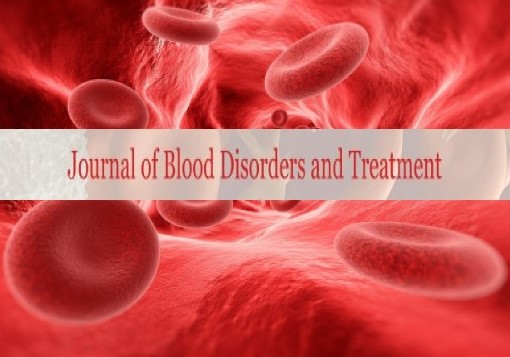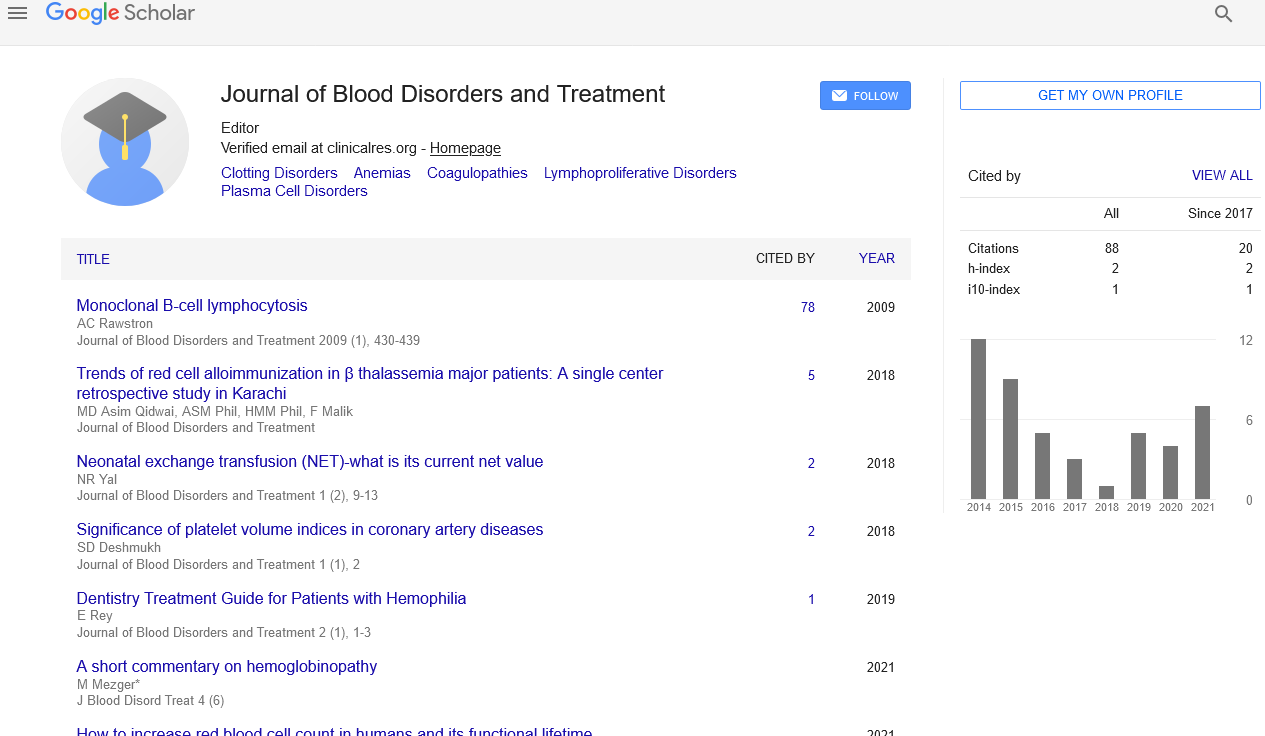
Sign up for email alert when new content gets added: Sign up
Newer oral contraceptives protect against ovarian cancer in young women
10th World Hematology and Oncology Congress
October 22-23, 2018 Warsaw, Poland
Ojvind Lidegaard, Iversen L, Fielding S, Morch L S, Skovlund C W and Hannaford P C
University of Copenhagen, Denmark
ScientificTracks Abstracts: J Blood Disord Treat
Abstract :
Aim: To assess the influence of contemporary hormonal contraceptives including progestogen-only products on overall and specific ovarian cancer risk.
Design: Nationwide cohort study.
Setting: Denmark
Material: Women 15-49 years during the period 1995-2014 were eligible. They were excluded if they immigrated after 1995, had previous cancer, venous thrombosis or were treated for infertility before entry. Final study population included 1,879,227 women.
Method: Relative Risk (RR) of ovarian cancer among users of any contemporary hormonal contraceptives was calculated using Poisson regression.
Result: During 21.4 million person years, 1249 incident ovarian cancers occurred. Among ever users of hormonal contraception, 478 ovarian cancers were recorded over 13, 344, 531 person years. Never users had 771 ovarian cancers during 8, 150, 250 person years. Compared with never users, reduced risks of ovarian cancer occurred with current or recent use and former use of any hormonal contraception (relative risk 0.58 (95% confidence interval 0.49 to 0.68) and 0.77 (0.66 to 0.91), respectively). Relative risks among current or recent users decreased with increasing duration (from 0.82 (0.59 to 1.12) with ≤1 year use to 0.26 (0.16 to 0.43) with >10 years’ use; P<0.001 for trend). Similar results were achieved among women followed up to their first switch in contraceptive type. Little evidence of major differences in risk estimates by tumour type or progestogen content of combined oral contraceptives was seen. Use of progestogen-only products were not associated with ovarian cancer risk. Among ever users of hormonal contraception, the reduction in the age standardised absolute rate of ovarian cancer was 3.2 per 100 000 person years. Based on the relative risk for the never use versus ever use categories of hormonal contraception (0.66), the population prevented fraction was estimated to be 21%—that is, use of hormonal contraception prevented 21% of ovarian cancers in the study population.
Conclusion: Contemporary combined hormonal contraceptives reduce ovarian cancer risk in young women, an effect related to duration of use and which diminishes after stopping. Our data suggests no protective effect from progestogen-only products.
Biography :
Ojvind Lidegaard is a Professor of Obstetrics and Gynecology at The Juliane Marie Centre, Rigshospitalet, Copenhagen University Hospital and the University of Copenhagen, Denmark. He is also the Head of the National Quality Database in Early Pregnancy and Abortion. His main research areas include gynecological endocrinology, fetal exposure, postnatal diseases, gynecological cancer, early pregnancy and obstetrics.
E-mail: Oejvind.Lidegaard@regionh.dk




